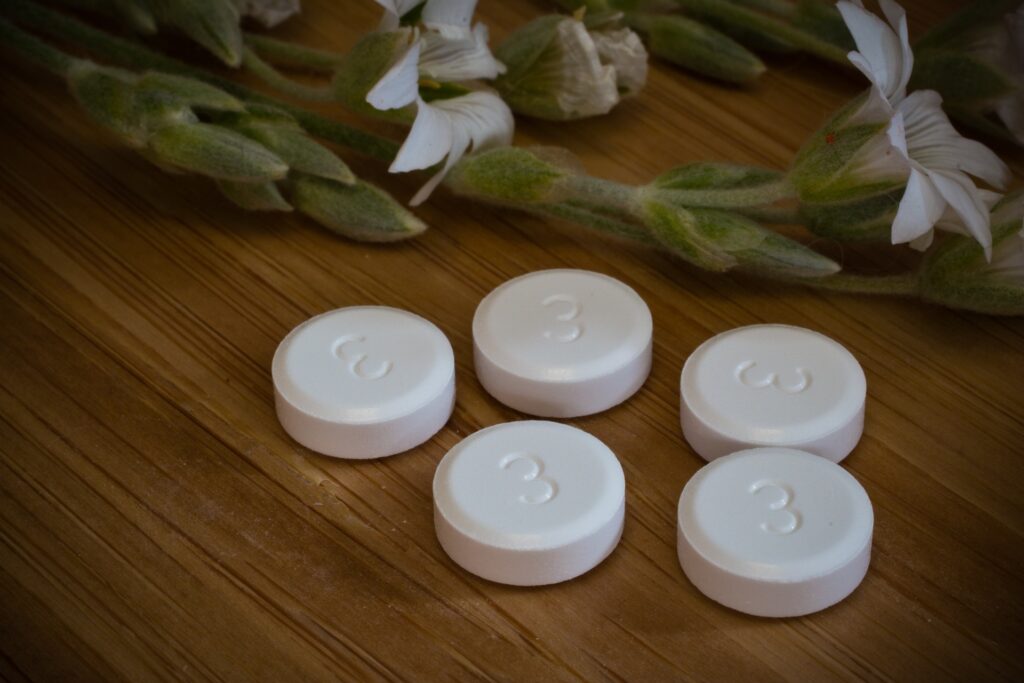Someone once told me the following story; “I was visiting my sister. My niece was getting confirmed, and my brother-in-law had a terrible cold. He was sneezing, sniffing and coughing, and clearly felt terrible. ‘The homeopathic remedy Schuessler Salt No 3 would help,’ said my sister. ‘But we don’t have any in the house.’ ‘That doesn’t matter,’ I replied, and turned to my brother-in-law. ‘Say to your body, “Dear body, please check whether Schuessler Salt No 3 would help, and if it would then respond as if you had taken it.”’ ‘But he’s never tried it before,’ objected my sister. ‘That doesn’t matter either,’ I replied, citing as evidence the case of a patient treated by some doctor or other. In the meantime, my brother-in-law had stopped sneezing and sniffing and looked a little better in general. I cried out, ‘Great job! You must have an incredibly powerful subconscious – that’s truly impressive! Brilliant! What a feat of the subconscious – and you managed it so quickly! I think Schuessler Salt No 3 has done you a lot of good! You’re doing a brilliant job…’ My brother-in-law gave a lopsided grin and looked a little embarrassed, but his symptoms had reduced significantly, and stayed like that all day.”

The story “Placebo III” demonstrates how the placebo effect can be actively used to heal a cold, even if the relevant medicine is not currently available and has never been taken by the patient before.
(From: Stefan Hammel: Handbook of Therapeutic Storytelling. Sories and Metaphors in Psychotherapy, Child and Family Therapy, Medical Treatment, Coaching and Supervision, Routledge 2019)
